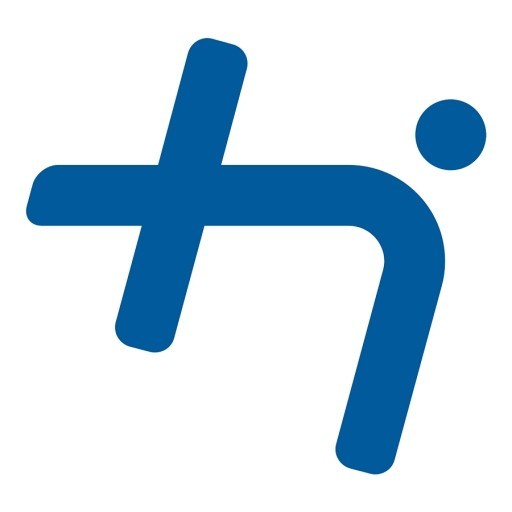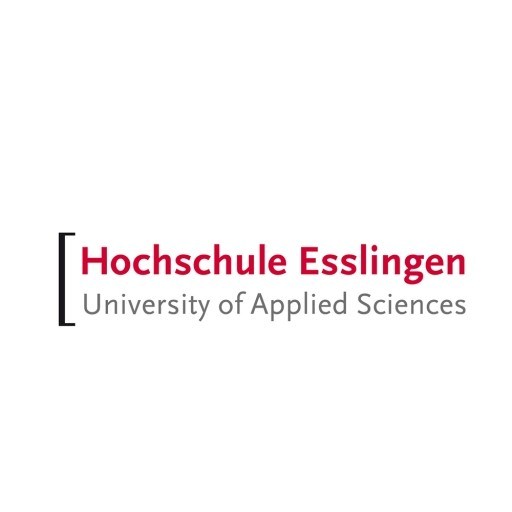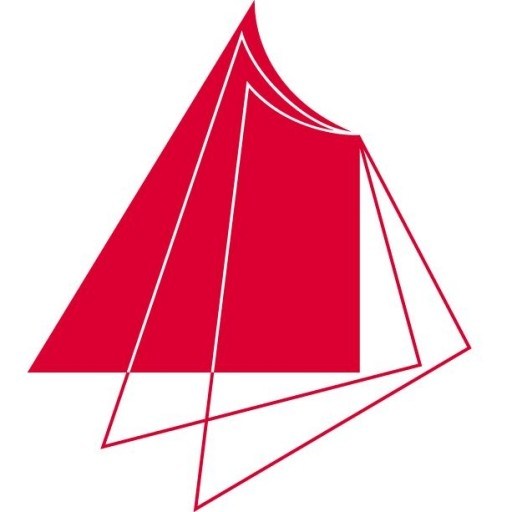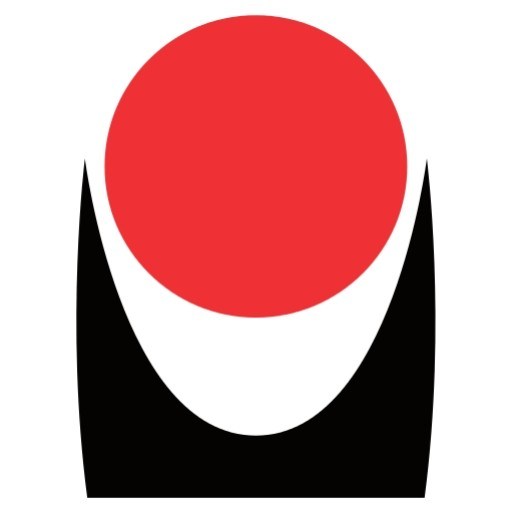Mainstream terms like "Information Society" or "Information Era" illustrate quite clearly that information is one of the most valuable goods in today's economy. In times of global networking and dynamically changing economic and working environments, success increasingly depends on effective information and knowledge management. Efficient information processing or good information logistics is essential when data have to be acquired and information has to be delivered in the right format, at the right place, at the right time and to the right people. At the same time, data acquisition, validation, presentation, and security have to adhere to very high standards. A dynamic environment like this needs individuals with a broad range of skills and knowledge who are able to understand and realise the requirements of information management, from design and development up to the implementation of suitable IT solutions.
Our unique Master's degree programme has been designed to meet those needs. It provides a deep insight into the acquisition, processing, and handling of data while giving you the chance to exploit the power of distributed network and computing units. At the same time, you will be able to acquire the knowledge needed to analyse and process large amounts of data. To cover all these different aspects and to give you the chance to specialise in a field that fits your interests and career plans, the programme offers four different tracks from which to choose:
Our unique Master's degree programme has been designed to meet those needs. It provides a deep insight into the acquisition, processing, and handling of data while giving you the chance to exploit the power of distributed network and computing units. At the same time, you will be able to acquire the knowledge needed to analyse and process large amounts of data. To cover all these different aspects and to give you the chance to specialise in a field that fits your interests and career plans, the programme offers four different tracks from which to choose:
- Computer Science
- Environmental Analysis
- Logistics
- Cyber-Physical Systems Engineering
Educational organisation
This course is a three-semester follow-on Master's degree programme, building on the knowledge you have acquired in your undergraduate degree programme.The first two semesters provide you with the theoretical and practical foundation vital to your professional career while the third semester is devoted to your Master's thesis and colloquium. All courses have been designed to offer you not just factual knowledge but also various chances to apply what you have learned. You will be given the opportunity to enhance your knowledge through lectures and deepen it in advanced seminars and exercises. Practical training is integrated into every module.
In your first two semesters, you will develop substantial skills in areas such as "System Simulation", "Data Mining", "Data Analysis", "Statistics" and "Geoinformatics". At the same time, you will gain important key competencies in the fields of "Scientific and Technical Communication", "Intercultural Management and Intercultural Competence" as well as "Innovation Management" and will have the chance to specialise by choosing lectures and modules out of the four tracks previously mentioned. Each semester also includes an applied research project, giving you the opportunity to put theory into practice on a larger scale.
In your third semester, you will develop your Master's thesis. Again, a high academic standard as well as the real-world relevance of your topic are of major importance.
Study abroad unit(s)
NoneInternships
NoneForms of assessment
Written and oral examinations, projectsMaster's thesis
Course objectives
Our degree programme aims to equip you for a career that matches future labour market needs and trends by putting a special emphasis on innovative problem solving methods with respect to interdisciplinary and international approaches. Complementing the individual skills you have gained in your undergraduate degree, our Master's degree will strengthen your employability and make you an ideal candidate for all international companies and research institutes operating in the following fields:- information and data management
- development and operation of large web-based and cloud-like storage and computing facilities
- simulation of complex systems
- development of decision support systems
- hardware and software development for automated systems in the field of logistics and embedded systems
Language requirements
Please note that for this degree programme, English language skills at level B2 according to the Common European Framework of Reference are required. Please be aware that all applicants' test report form numbers will be checked. We will accept the following certificates (or equivalents):IELTS: 6.0 - 6.5
TOEFL (Internet-based test): minimum 80
TOEFL (paper-based test): minimum 550
TOEFL (computer-based test): minimum 213
The TOEFL code of our university is: 6962
Academic requirements
Admission to our Master's degree programme is subject to an application process.The formal entry requirements for the Information Engineering and Computer Science MSc programme include the following:
- Proof of a completed undergraduate degree (BSc, BA, German Diploma ("Diplom") or equivalent), which included subjects in the fields of practical computer science and computer engineering as well as fundamentals in mathematics, natural sciences, and engineering. In individual cases, missing subjects can be compensated by proof of other related academic training or qualifications. Please outline your additional knowledge and experience in an essay of no more than 1,000 words.
- An overall mark of at least 2.3 in your undergraduate degree
- A sufficient level of English language proficiency (CEFR level B2 or better)
Please find more information on our website.
Enrolment fees
Approx. 270 EUR per semester. This covers nominal administration fees and includes a semester ticket that allows free travel on most bus and train routes throughout the state of North Rhine-Westphalia as well as to and from Nijmegen in the Netherlands.Costs of living
The "Deutsches Studentenwerk" puts the average cost of living for students in Germany at around 700 to 800 EUR per month. This includes rent, utilities, personal expenses, and other nominal costs. For a sample breakdown of living expenses and information about financing your studies in Germany, please see our website: http://www.hochschule-rhein-waal.de/en/academics/students/costs-scholarships-and-grants.Job opportunities
International students from non-EU countries are legally permitted to work 120 full days or 240 half days per year on a student visa. No additional authorisation from German authorities is required.Rhine-Waal University of Applied Sciences often posts job advertisements for students both inside and outside the university on campus noticeboards. Some jobs at the university only require English, but most jobs in Kleve, Kamp-Lintfort, and surrounding areas will require at least conversational fluency in German. Fortunately, our Language Centre offers German courses that students can attend at no charge.
However, due to the intense workload at Rhine-Waal University of Applied Sciences, first-year students are strongly advised to dedicate their full attention to their studies. In later semesters, you will have a more open schedule and a better idea of how to balance work and studies. This is also a realistic time frame for acquiring speaking proficiency in German while studying full-time.
Funding opportunities within the university
A limited number of scholarships are available for currently enrolled students at Rhine-Waal University of Applied Sciences. The most prominent scholarship is the Germany Scholarship ("Deutschlandstipendium"). German and international students are both eligible to apply. The Germany Scholarship is a stipend of 300 EUR per month awarded each year to a limited number of students who have demonstrated excellent academic performance or exemplary social commitment to the community. Other scholarships, grants, and fellowships are available through regional and national organisations in Germany. Please see our website for details.Rhine-Waal University of Applied Sciences informs all students of important scholarship deadlines in advance so that they don't miss any potential application opportunities.
http://www.hochschule-rhein-waal.de/en/academics/students/costs-scholarships-and-grants/scholarships-and-grants
Arrival support
Rhine-Waal University of Applied Sciences is accessible from the international airports Amsterdam (AMS), Düsseldorf (DUS), Cologne/Bonn (CGN), and Weeze (NRN). The university does not offer any pick-up services, but both Kleve and Kamp-Lintfort can be reached by public transportation from any of these airports.If you anticipate any travel problems, delays, or unexpected changes to your plans, please contact our Welcome Centre so that we can support you with helpful advice.
Services and support for international students
Our Welcome Centre supports international students during their first few weeks in Germany. The Welcome Centre provides helpful advice and guidance on contracts, opening a bank account, registering your place of residence, applying for a student visa, setting up health insurance, and more.The student mentors at the Welcome Centre know first-hand what it's like adjusting to life as a student in Germany. They are also an important first contact point for students with personal and social issues, as they can direct students to the right place for their specific needs. The Welcome Centre also promotes student culture at the university by organising trips and excursions to destinations all around the region as well as a range of social events for students such as the annual "Freshtival", the university's week-long orientation festival for new students in the winter semester.
Accommodation
Rhine-Waal University of Applied Sciences strongly urges you to make accommodation arrangements before your arrival. The university does not have its own residence halls, but the "Studierendenwerk Düsseldorf" runs dormitories near campus in Kleve and Kamp-Lintfort with options for single rooms or two- and three-room flats. Prices start at around 220 EUR per month. Room availability in these dormitories is limited and subject to a waiting list, so it's important to register online for a room as soon as possible. Please note that a security deposit of three months' rent is also required.Most students choose to share a private flat off campus with fellow students. There are a number of popular online portals for finding a flat in Germany, for example: http://www.wg-gesucht.de. Rhine-Waal University of Applied Sciences also maintains its own list of available flats and rooms for students on its website. Thanks to the flexibility of the Semester Ticket, students can live in Kleve, Kamp-Lintfort, or one of the many cities and towns nearby and reach campus by public transport. For more information and helpful tips on finding a flat, please see our website: http://www.hochschule-rhein-waal.de/en/academics/prospective-students/housing.









